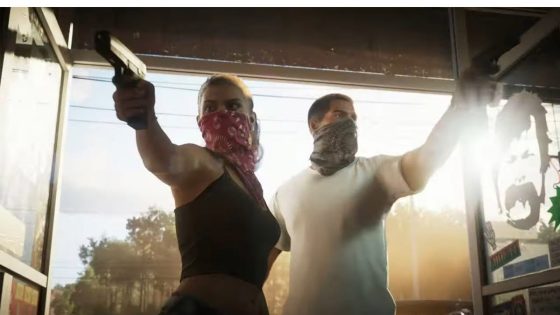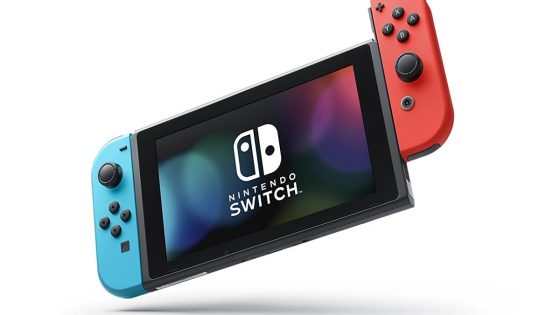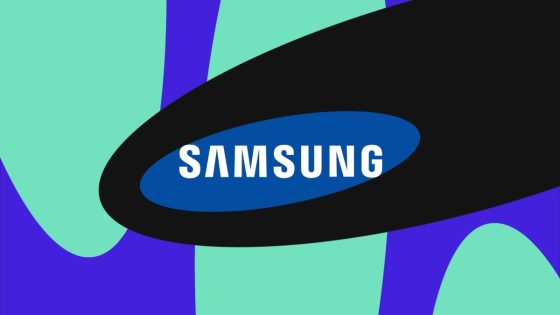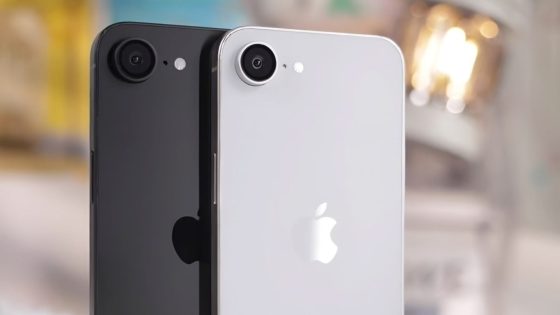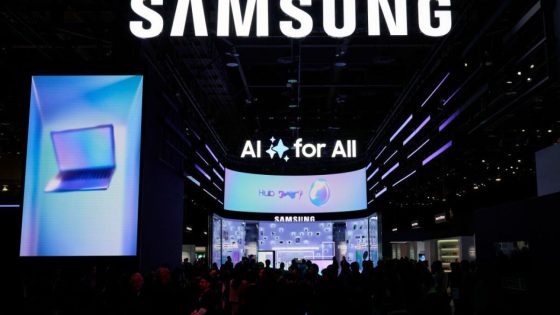Microsoft has made headlines with its groundbreaking announcement about the world’s first topological qubits, a significant leap in quantum computing. This innovation, revealed on February 20, 2025, could reshape the future of technology. But what exactly does this mean for the industry and everyday users?
- Researchers at Microsoft create topological qubits.
- Majorana 1 processor can fit up to a million qubits.
- Microsoft aims to surpass IBM and Google.
- Building qubits is extremely challenging.
- Majorana particles enable error-resistant qubits.
- Microsoft plans to scale up qubit collections.
Microsoft’s Topological Qubits: A Game Changer for Quantum Computing?
What if quantum computers could solve complex problems at lightning speed? Microsoft’s recent development of topological qubits may make this a reality. These qubits, based on exotic particles, promise to enhance error resistance and computational power, setting the stage for advancements in fields like cryptography and materials science.
Understanding Topological Qubits: Why They Matter for the Future
Topological qubits represent a new frontier in quantum computing. Unlike traditional qubits, which are prone to errors, topological qubits are designed to be more stable and reliable. This stability could revolutionize how we approach complex calculations and simulations.
- Enhanced error resistance compared to traditional qubits.
- Potential applications in drug discovery and cryptography.
- Microsoft aims to scale up qubit production significantly.
- Collaboration with universities to further research on Majorana particles.
What Are Majorana Particles and Their Role in Quantum Computing?
Majorana particles, theorized in the 1930s, are crucial to Microsoft’s new qubit design. These exotic particles exist within topological superconductors and can be manipulated to create stable qubits. The ability to braid these particles allows for error-free measurements, a significant advantage over existing technologies.
The Challenges Ahead: Can Microsoft Overcome Them?
Despite the excitement, challenges remain. The Majorana-based quantum chip is not entirely error-free, particularly concerning the T-gate operation. However, correcting these errors is simpler than in other quantum systems, making it a promising avenue for future research and development.
Future Implications: What Does This Mean for the U.S. Tech Industry?
As Microsoft pushes forward with its roadmap for quantum computing, the implications for the U.S. tech industry could be profound. Enhanced computational capabilities may lead to breakthroughs in healthcare, security, and beyond. The race for quantum supremacy is heating up, and this innovation could position the U.S. as a leader in the field.





